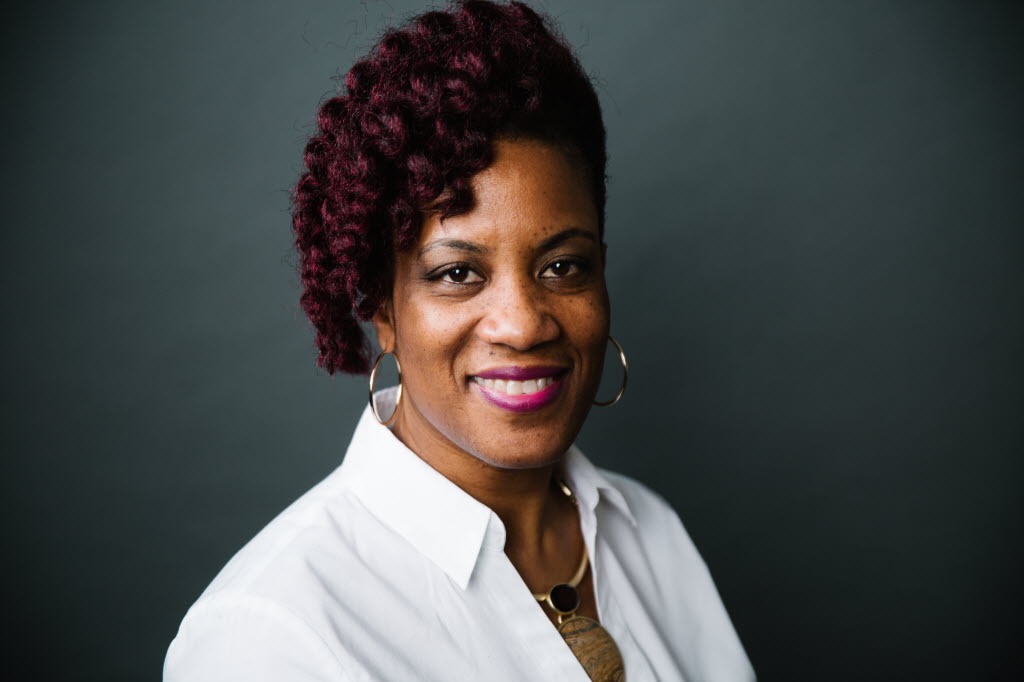 Council
Council
Julia S. Jordan-Zachery is Professor of Public and Community Service (formerly professor of Political Science) and Director of the Black Studies Program at Providence College. She received her BA (Economics) from Brooklyn College and her PhD from the University of Connecticut. Jordan-Zachery is a Black feminist whose work focuses on public policy, representation and Black women’s political articulations. She published Shadow Bodies: Black Women, Ideology, Representation, and Politics (2017). A previous work, Black women, cultural images and social policy (2009) was selected for the 2010 Association for the Study of Black Women in Politics Anna Julia Cooper Outstanding Book Publication Award and 2009 National Conference of Black Political Scientists W. E B Dubois Best Book Award. Her article “Am I a Black woman or a woman who is Black? A few thoughts on the meaning of intersectionality” was among the top 50 articles downloaded and top 10 most read articles Politics & Gender (October 2015). Her work also appeared in a number of journals, including Politics, Gender and Identities, Journal of Black Sexuality and Relationships, and National Political Science Review, among others.
Jordan-Zachery has been awarded the Joseph R. Accinno Teaching Award. She is President of the Association for Ethnic Studies. Along with Tiffany Willoughby-Herard, Sharon Wright Austin, Angela K. Lewis, and Duchess Harris, she edits the National Political Science Review. She is a member of the Advisory Board for “Race, Representation, and American Political Institutions” (Lexington Press).
Jordan-Zachery has been active in the association. She served on various committees: Race Ethnicity and Politics (treasurer), exploratory ad-hoc committee for the Journal of Race, Ethnicity, and Politics, and the Mentoring Task Force.
Statement of Views:
As a member of the APSA I will work to create space. My efforts would include creating and supporting career development opportunities for parenting/caregiver members. I dedicate much of my career to mentoring and hope to continue these efforts with specific focus on women of color and immigrant women. Finally, I want to work to bridge APSA and the “community” by creating opportunities for scholars to share their work with our community members and vice versa. Creating space affords opportunities for pluralism—theoretical and methodological—and recognizes that we are more than the research we produce; we are members of diverse communities. Creating space is an opportunity and commitment to fostering an environment were we can all flourish and thrive. I am committed to working to achieve such.